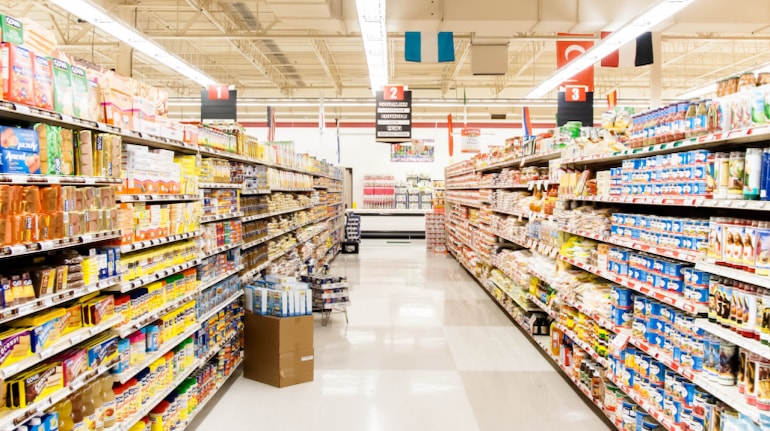



In a bid to avoid a repeat of the situation last year, when a spike in demand for certain products led to empty shelves at retailers amid a supply crunch, several FMCG companies have increased supplies of popular products across categories to their retailers and distributors.
Cargill, which has edible oil brands such as Nature Fresh and Gemini in its stable, is sending 20-25 percent more stocks than usual to stores, while Parle Products has increased the supply of popular brands such as Parle-G, Hide & Seek, Krack Jack and Parle Rusk. CavinKare, which sells personal-care brands such as Chik, Nyle and Meera, is also following suit.
“Over the last few months, we have ramped up our inventories across the country, to distributors as well as to carrying and forwarding agents (CFA), to ensure adequate supplies to service the market,” said a CavinKare spokesperson.
Lessons from last yearLarge packs are being prioritised by some brands. “Last year, consumers were increasingly opting for large packs — 400 grams and above — and hence we are maintaining a steady supply of these,” says Krishnarao Buddha, senior category head, Parle Products.
Retail shelves saw FMCG products vanish in a trice last year, as consumers scrambled to hoard products after the government announced a nationwide lockdown in March to check the spread of the Covid-19 pandemic. A halt in production due to factory closures, shortage of labour as the migrant population moved out of cities, and logistics and last-mile delivery issues compounded matters and led to supply lines drying up. Hence, despite witnessing heightened demand for their products, several FMCG players had reported a decline in sales.
According to market research firm Nielsen, FMCG reported a 19 percent contraction in the second quarter (Q2) of calendar year 2020. However, as the situation improved eventually, the segment recovered to grow 0.9 percent in Q3 and 7 percent in Q4.
FMCG companies do not want a repeat of last year as States and regions across the nation announce lockdowns to battle the second wave of the Covid-19 pandemic.
D2C and other strategiesIn order to avoid a repeat, the FMCG majors are implementing their learnings from the last year to avoid a supply crunch. “Earlier, some of our products were manufactured at just one location and we could not supply them as production was halted. However, now we have ensured that production of all products is evenly distributed across our manufacturing facilities,” says Piyush Patnaik, MD of Cargill’s oil business in India. The company has increased its warehousing capacity by 30 percent to cater to the spike in demand. Besides, it has also automated most processes and now connects to its distributors digitally too.
The direct-to-consumer channel or D2C has taken centrestage again. Marico claims its D2C portal, which was launched last year, has seen sustained growth even after the reopening of the economy.
“We have also introduced Kaya and Pure Sense brands on our D2C portal of late to capture demand directly from our consumers,” says a Marico spokesperson.
The company has also adopted a tele-calling operational model for its distribution partners in urban and rural areas and entered into last-mile partnerships with aggregators such as Delhivery, Porter, and Lalamove.
Challenges remainDespite these efforts, FMCG companies face several supply-chain challenges. “While our D2C portal has seen increased adoption by consumers, last-mile delivery remains a problem in some geographies,” said a CavinKare spokesperson. The company is especially finding it difficult to supply smaller containment zones.
According to Patnaik of Cargill, truck drivers are not readily available and this is hindering supplies to some areas.
Buddha of Parle Products said there is a shortage of labour, too, as several people are Covid-positive. “If a distributor falls sick, then the supply to an entire region is impacted,” he adds. The company is ensuring that there are alternate suppliers and distributors for its products in severely affected regions, to address the issue.
However, as Covid-19 positive cases across the country rise rapidly, FMCG companies may again end up struggling to provide supplies, experts predict.
Discover the latest Business News, Sensex, and Nifty updates. Obtain Personal Finance insights, tax queries, and expert opinions on Moneycontrol or download the Moneycontrol App to stay updated!
Find the best of Al News in one place, specially curated for you every weekend.
Stay on top of the latest tech trends and biggest startup news.